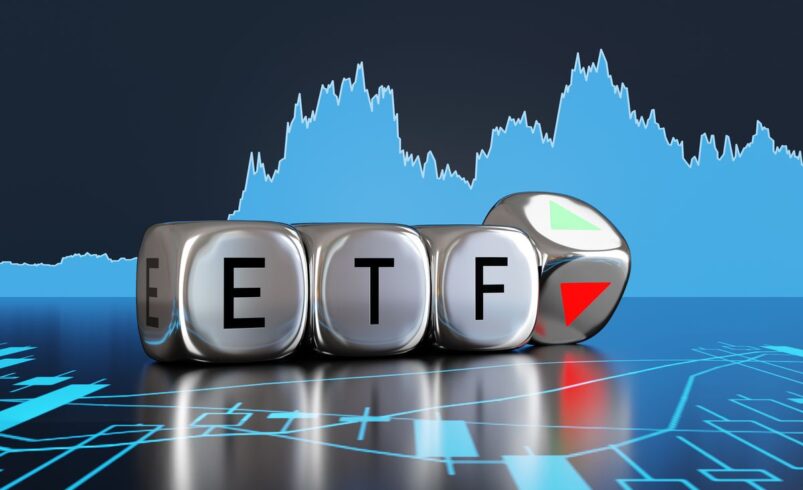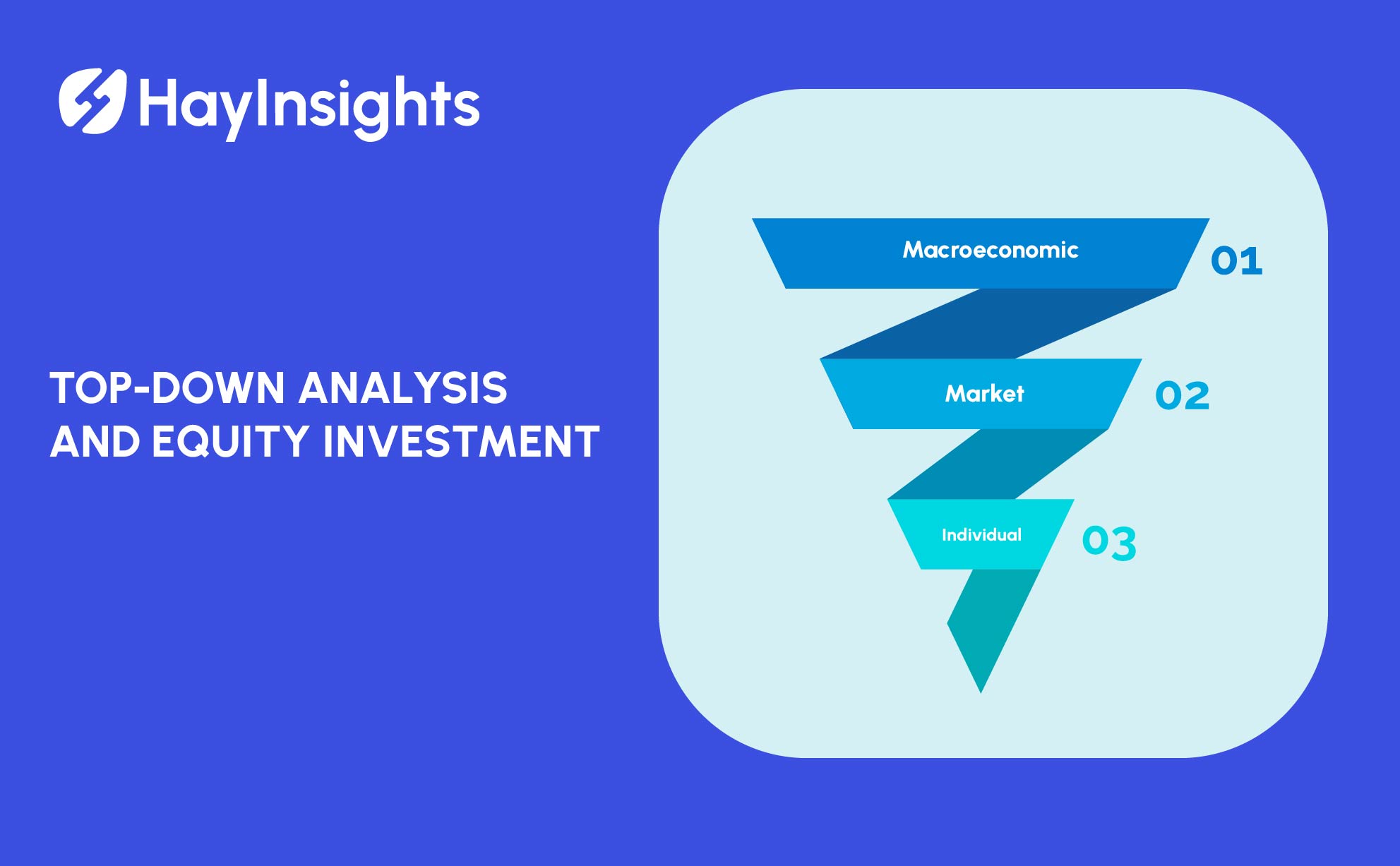
Mutual Funds vs. ETFs: Unveiling the Superior Investment Vehicle 2024
As Japan continues to emerge as a global economic powerhouse, investors are exploring various options to maximize returns while minimizing risks. Among the popular choices are mutual funds and ETFs (exchange-traded funds). Both offer diversification and professional management, but they operate differently. For individuals looking to build a robust investment portfolio in Japan, understanding these investment vehicles can be the key to making informed decisions. In this article, we’ll break down how mutual funds and ETFs compare, their respective pros and cons, and the factors to consider when choosing between them.
Understanding Mutual Funds
Definition and Structure
Mutual funds are investment vehicles that pool money from multiple investors to purchase a diversified portfolio of stocks, bonds, or other securities. Managed by professional fund managers, the aim is to provide investors with exposure to a wide range of assets without the need for direct trading. The funds are categorized as open-ended, meaning they can issue an unlimited number of shares, and investors can buy or sell shares at the end of each trading day based on the fund’s net asset value (NAV).
Types of Mutual Funds
Mutual funds in Japan come in various types, each catering to different investor preferences:
- Equity Funds: These funds primarily invest in stocks, aiming for long-term capital growth.
- Bond Funds: Focused on fixed-income securities, these funds are ideal for investors seeking regular income.
- Balanced Funds: A mix of both stocks and bonds, providing a balance between growth and income.
- Money Market Funds: These invest in short-term, low-risk securities, offering liquidity and safety but lower returns.
Benefits of Investing in Mutual Funds
Mutual funds offer several advantages for investors in Japan:
- Professional Management: Fund managers analyze markets, select securities, and manage portfolios on behalf of investors.
- Diversification: Investing in a broad range of assets spreads risk, reducing the potential impact of poor-performing securities.
- Affordability: Investors can access a wide portfolio with relatively small amounts of money.
- Simplicity: Mutual funds are easy to purchase, and many fund houses offer automatic investment plans.
Drawbacks of Mutual Funds
While mutual funds offer numerous benefits, they also have some downsides:
- Fees and Expenses: Many funds charge management fees and sometimes front-end or back-end loads, which can reduce overall returns.
- Lack of Intraday Trading: Mutual fund shares can only be bought or sold at the end of the trading day.
- Capital Gains Taxes: Investors may be liable for taxes on the fund’s distributions, even if they haven’t sold their shares.
Understanding ETFs (Exchange-Traded Funds)
Definition and Structure
ETFs are investment funds that trade on stock exchanges, much like individual stocks. They represent a basket of assets, such as stocks, bonds, or commodities, and are designed to track the performance of a specific index or sector. Unlike mutual funds, ETFs can be bought or sold throughout the trading day, giving investors more flexibility.
Types of ETFs
ETFs come in various forms, offering investors access to different markets and asset classes:
- Equity ETFs: These track a specific stock index, such as the Nikkei 225 or TOPIX in Japan.
- Bond ETFs: Focused on fixed-income securities, these ETFs are ideal for conservative investors seeking stable returns.
- Sector ETFs: These track specific sectors, such as technology, healthcare, or finance, providing targeted exposure.
- Commodity ETFs: These provide exposure to commodities like gold, oil, or agricultural products.
Benefits of Investing in ETFs
ETFs have grown in popularity due to several key benefits:
- Intraday Trading: Investors can buy or sell ETF shares throughout the trading day, allowing for greater liquidity.
- Lower Expense Ratios: ETFs typically have lower management fees compared to mutual funds.
- Tax Efficiency: ETFs generally have lower capital gains distributions, which can lead to more favorable tax outcomes.
- Transparency: ETFs disclose their holdings daily, giving investors a clear picture of what they’re buying.
Drawbacks of ETFs
Despite their advantages, ETFs also have potential drawbacks:
- Trading Costs: While ETFs have lower expense ratios, trading fees can add up, especially for frequent traders.
- Market Volatility: Since ETFs are traded like stocks, their prices can fluctuate throughout the day, sometimes leading to higher volatility.
- Limited Management: Most ETFs are passively managed, meaning they simply track an index rather than actively seek the best opportunities.
Key Differences Between Mutual Funds and ETFs
Trading Mechanism
The biggest distinction between mutual funds and ETFs is their trading mechanism. Mutual funds are bought and sold at the NAV, calculated at the end of the trading day. ETFs, on the other hand, are traded on exchanges like stocks, and their prices fluctuate throughout the day based on supply and demand.
Expense Ratios
ETFs generally have lower expense ratios compared to mutual funds, especially when comparing passive ETFs to actively managed mutual funds. This makes ETFs an appealing option for cost-conscious investors, though mutual funds might justify their higher fees with active management and the potential for outperformance.
Tax Efficiency
ETFs tend to be more tax-efficient than mutual funds. The structure of ETFs allows for in-kind transfers, which reduces the likelihood of taxable capital gains. In contrast, mutual funds may generate taxable events for shareholders when the fund manager buys or sells securities.
Investment Minimums
In Japan, mutual funds often have higher minimum investment requirements compared to ETFs, which can be bought with as little as the price of a single share. This makes ETFs a more accessible option for smaller investors.
Performance Comparison in the Japanese Market
Historical Performance of Mutual Funds
Mutual funds in Japan have a mixed track record, with their performance varying based on the type of fund and market conditions. Actively managed equity funds, for instance, have shown the potential to outperform the market, though they also tend to carry higher fees.
Historical Performance of ETFs
ETFs in Japan, especially those tracking large indexes like the Nikkei 225 or TOPIX, have provided stable returns over time. Their low fees and passive management style have made them a favorite among long-term investors who prioritize cost efficiency.
Case Studies of Popular Funds and ETFs in Japan
- Nomura TOPIX Fund: A well-known mutual fund that has delivered consistent returns, focusing on large-cap Japanese equities.
- Nikko AM ETF: One of the leading ETFs in Japan, tracking the Nikkei 225 index with low fees and high liquidity.
Factors to Consider When Choosing Between Mutual Funds and ETFs
Investment Goals
For investors with specific long-term goals, such as retirement or education savings, mutual funds may provide the active management necessary to meet those objectives. Conversely, ETFs are ideal for those looking to passively track an index or sector.
Risk Tolerance
Mutual funds, especially those actively managed, can offer a more tailored approach to risk, while ETFs generally provide broader market exposure. Risk-averse investors may prefer bond mutual funds or bond ETFs.
Time Horizon
Investors with a longer time horizon might benefit from the active management of mutual funds, while those with shorter-term goals may appreciate the liquidity and low costs of ETFs.
Management Style
For those seeking active management with the potential for outperformance, mutual funds may be the right choice. On the other hand, ETFs offer a passive, hands-off approach that appeals to cost-conscious investors.
Conclusion
Summary of Key Points
In summary, both mutual funds and ETFs offer distinct advantages and drawbacks. Mutual funds provide professional management, diversification, and a range of investment strategies but come with higher fees and less trading flexibility. ETFs offer low costs, tax efficiency, and the ability to trade throughout the day, making them suitable for investors who prefer a hands-off approach.
Final Recommendations
When deciding between mutual funds and ETFs in Japan, consider your investment goals, risk tolerance, time horizon, and management preferences. For long-term, active investors, mutual funds may be the better option, while cost-conscious, passive investors might lean towards ETFs. Ultimately, the best choice depends on your unique financial situation and investment strategy.












